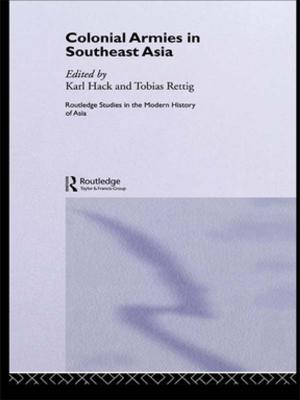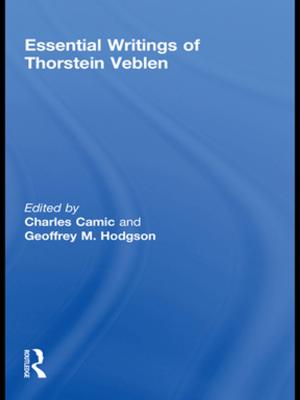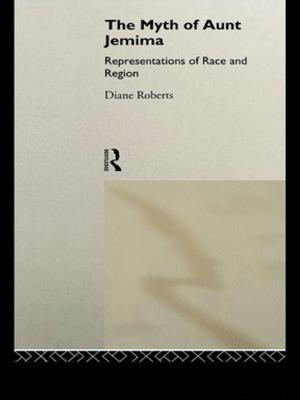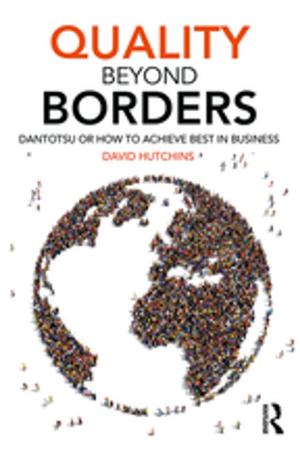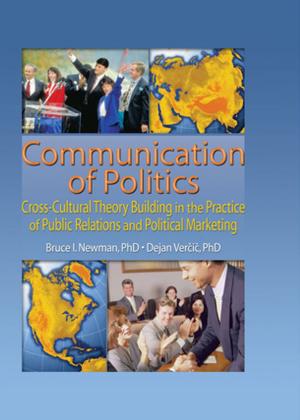The Transformation of Italian Communism
Nonfiction, Social & Cultural Studies, Political Science, Government, Communism & Socialism| Author: | Leonard Weinberg | ISBN: | 9781351293822 |
| Publisher: | Taylor and Francis | Publication: | April 24, 2018 |
| Imprint: | Routledge | Language: | English |
| Author: | Leonard Weinberg |
| ISBN: | 9781351293822 |
| Publisher: | Taylor and Francis |
| Publication: | April 24, 2018 |
| Imprint: | Routledge |
| Language: | English |
The end of the cold war and the fall of the Soviet empire have had major consequences for Italian politics. Leonard Weinberg explores some of those consequences, focusing on the transformation of the Italian Communist party from a Leninist to a democratic party. He also discusses the relationship between the end of communism and the unfolding of the entire Italian system.The Transformation of Italian Communism has two objectives. First, it calls the reader's attention to the role of international developments, an important but largely overlooked area involved in the study of European party politics. Traditional texts in this area emphasize domestic factors, but Weinberg focuses on the influence of international developments on domestic party politics in Italy. The implications for other nations are transparent.The second objective of this work is to examine how Italy's Communist party, the largest such party of its kind in the Western world, reacted to the fall of communism in Eastern Europe. Weinberg analyzes the meaning of these events for long-tune party members in Italy'as well as for Italian political and cultural life. The Transformation of Italian Communism offers an original, intimate, and unique assessment of how the end of the cold war has affected Italian political culture. It will be a valuable addition to those interested in the convulsions taking place in modem Italy, as well as to political scientists and theorists of political culture.
The end of the cold war and the fall of the Soviet empire have had major consequences for Italian politics. Leonard Weinberg explores some of those consequences, focusing on the transformation of the Italian Communist party from a Leninist to a democratic party. He also discusses the relationship between the end of communism and the unfolding of the entire Italian system.The Transformation of Italian Communism has two objectives. First, it calls the reader's attention to the role of international developments, an important but largely overlooked area involved in the study of European party politics. Traditional texts in this area emphasize domestic factors, but Weinberg focuses on the influence of international developments on domestic party politics in Italy. The implications for other nations are transparent.The second objective of this work is to examine how Italy's Communist party, the largest such party of its kind in the Western world, reacted to the fall of communism in Eastern Europe. Weinberg analyzes the meaning of these events for long-tune party members in Italy'as well as for Italian political and cultural life. The Transformation of Italian Communism offers an original, intimate, and unique assessment of how the end of the cold war has affected Italian political culture. It will be a valuable addition to those interested in the convulsions taking place in modem Italy, as well as to political scientists and theorists of political culture.


